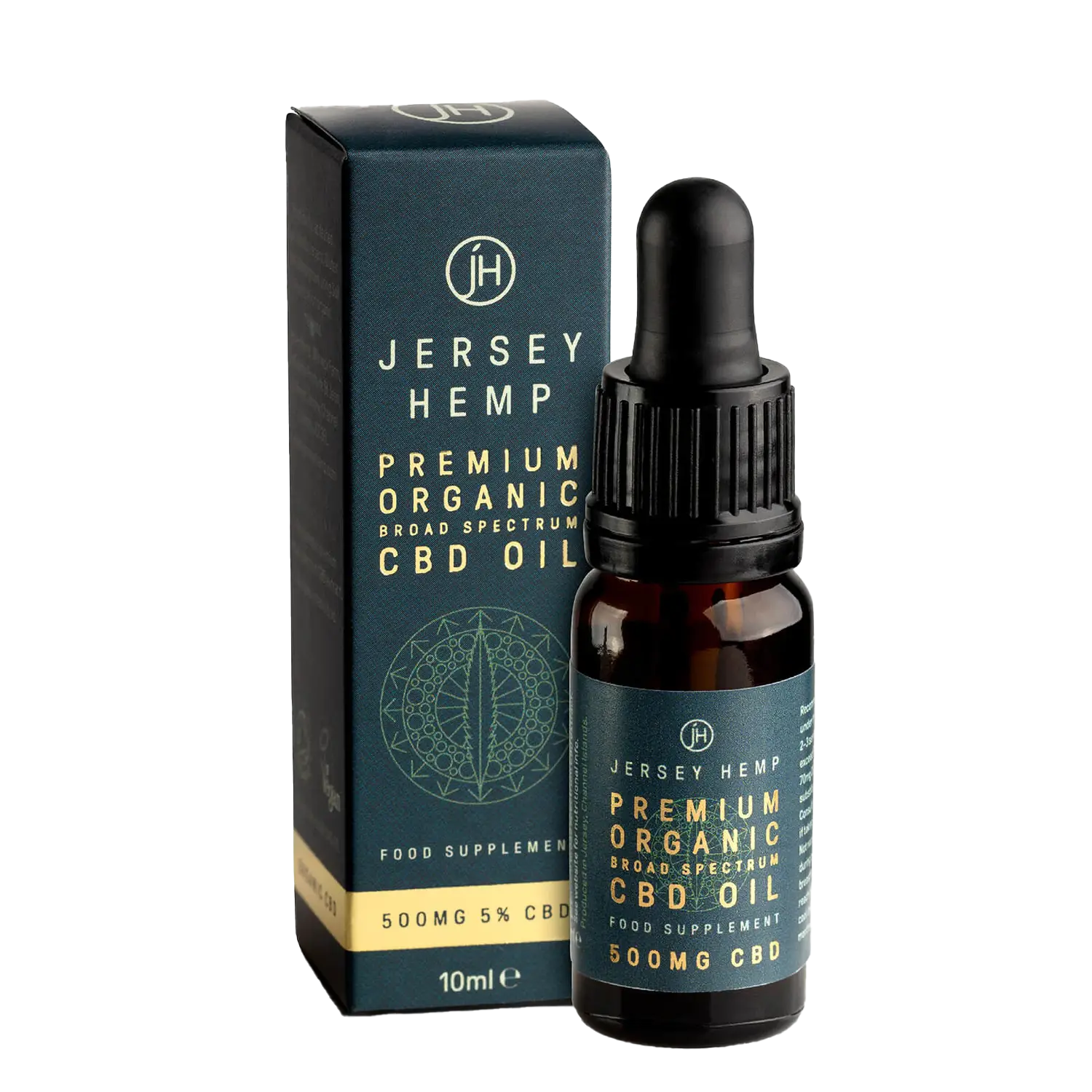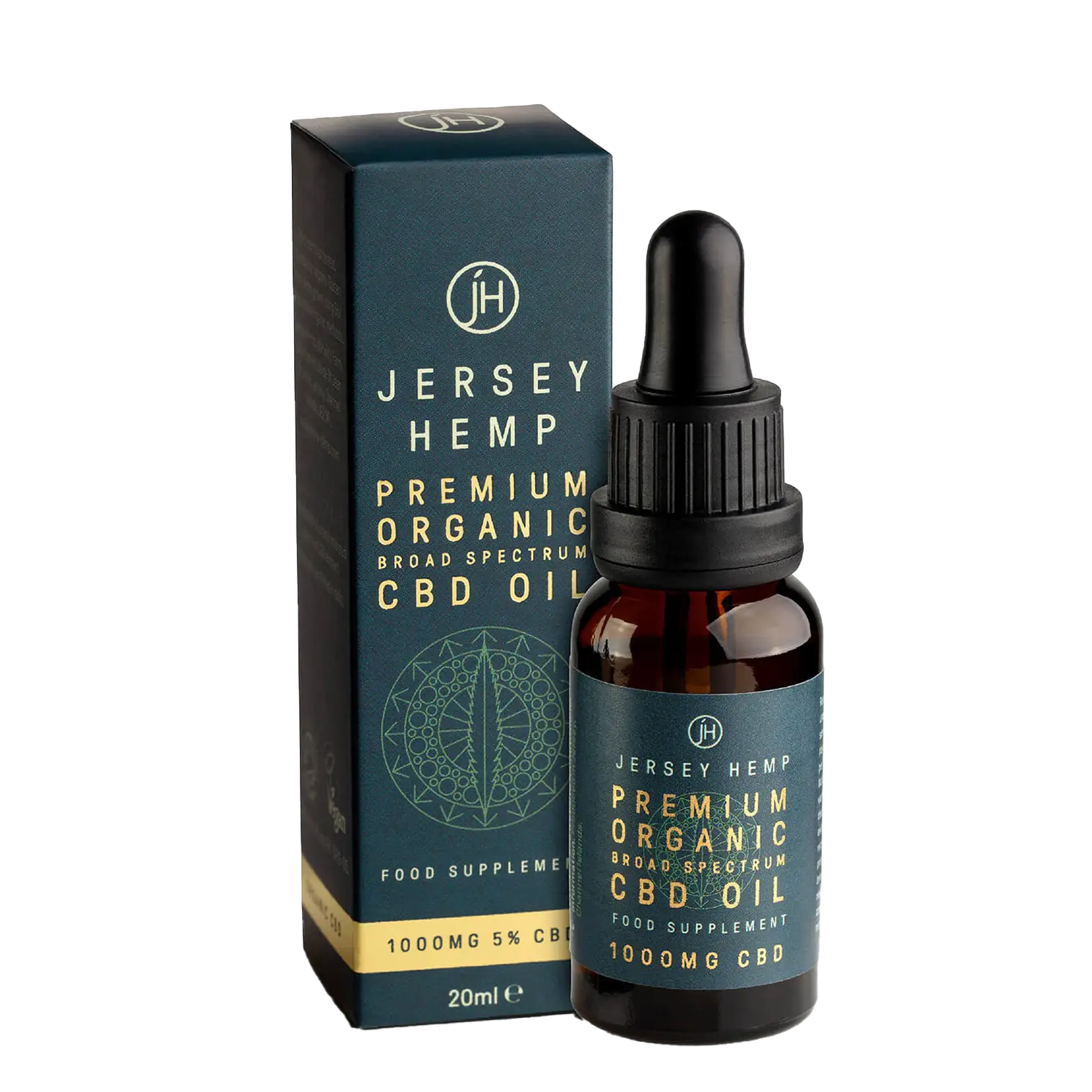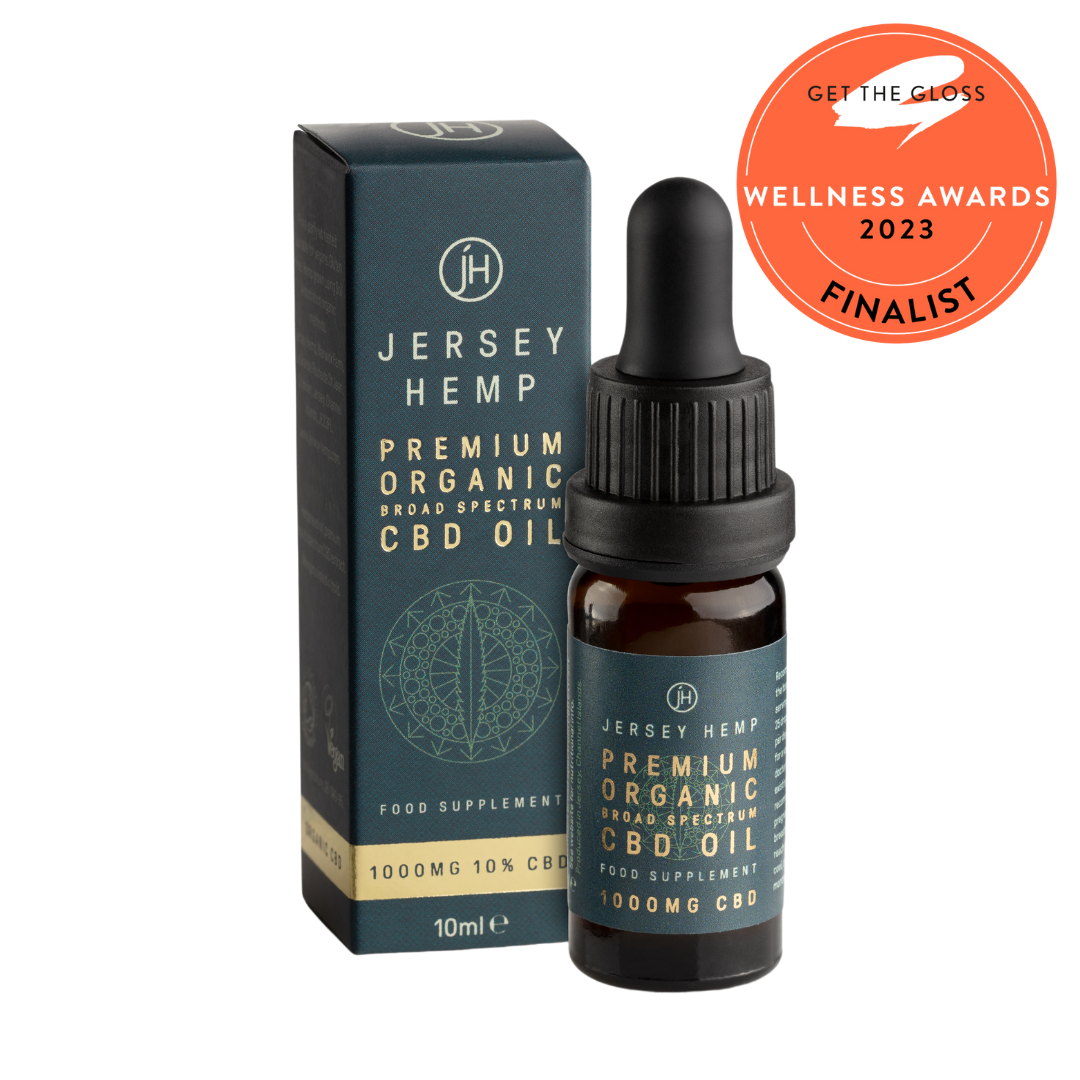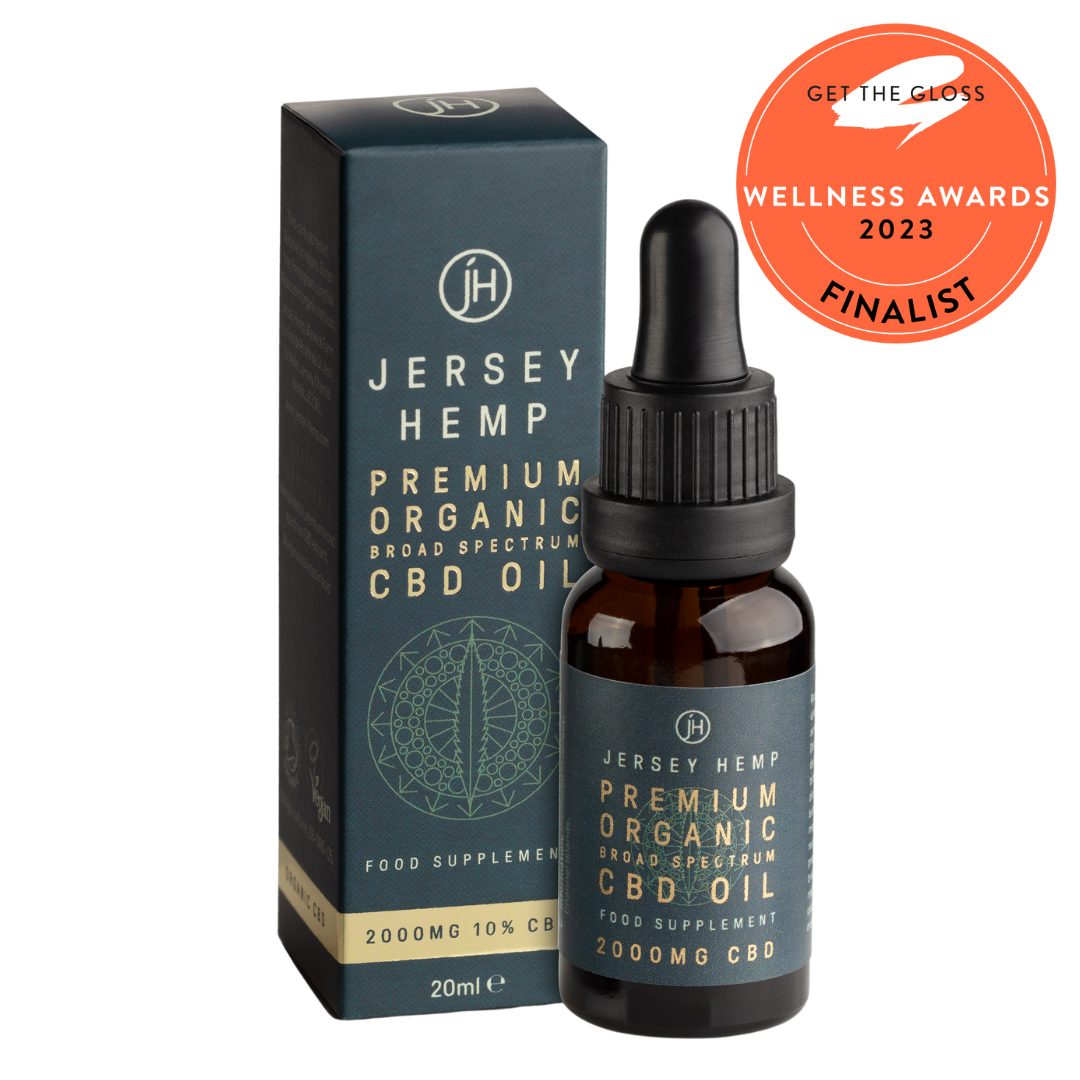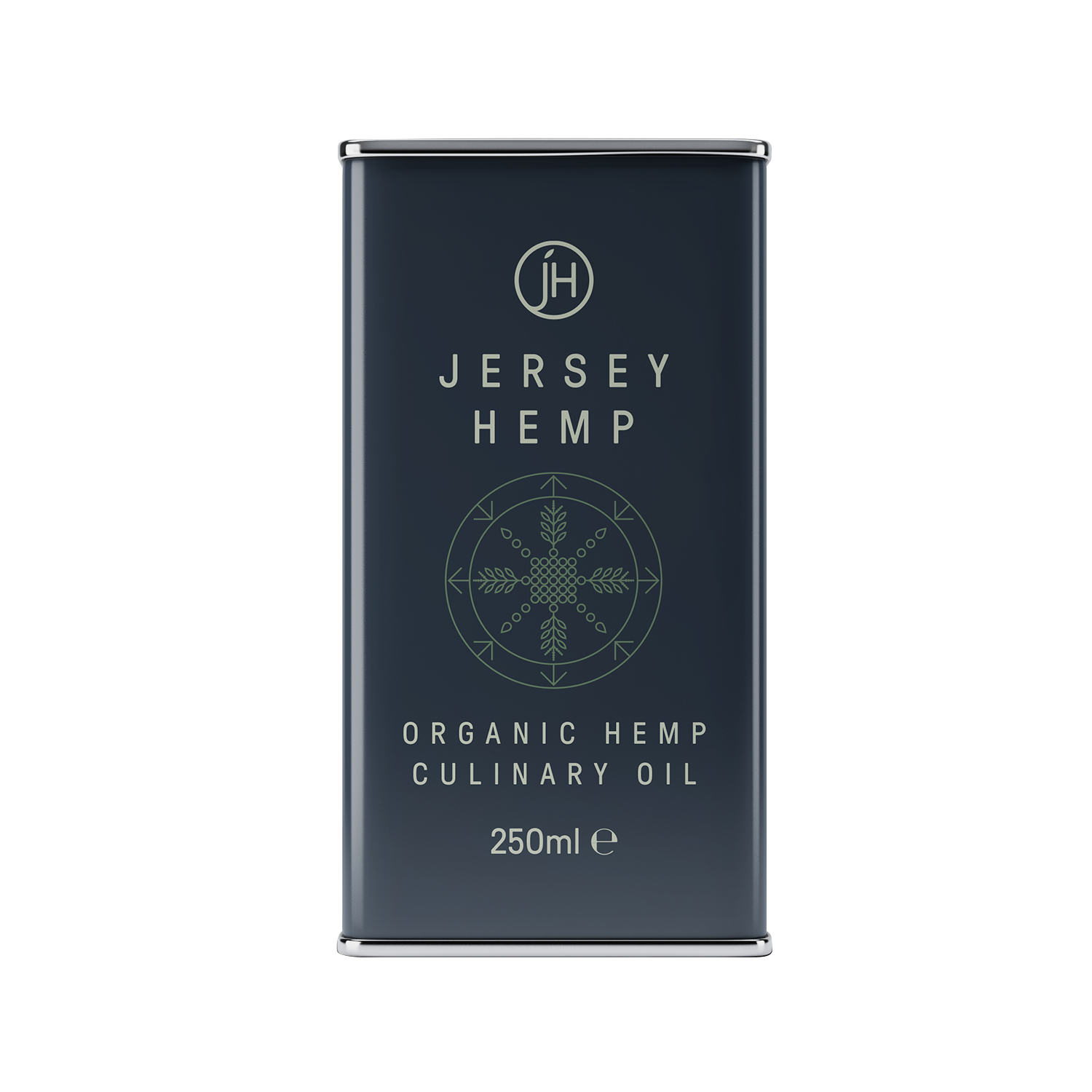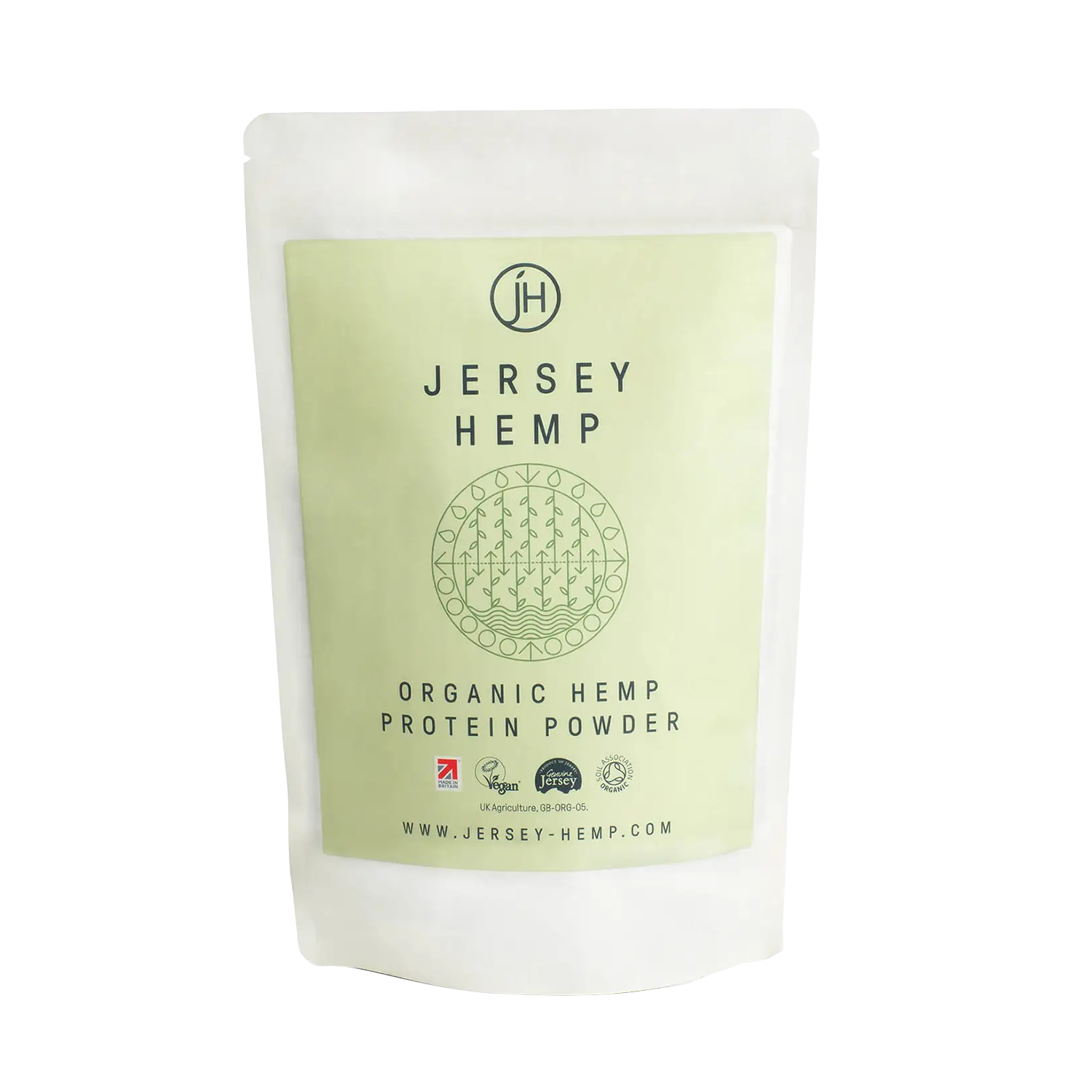Can you drive on CBD in the UK?
The natural wellness remedy CBD – short for cannabidiol – is one of a range of compounds known as cannabinoids present in various strains of the cannabis sativa plant. CBD may have beneficial effects on a number of health conditions but it does not produce the ‘high’ feeling associated with the psychoactive cannabinoid THC.
In fact, CBD is usually extracted from hemp plants, low-THC strains of cannabis that in the United Kingdom can contain no more than 0.2% THC by dried weight. The processing required to make CBD products – including bottled oils, vaping liquids, edibles and creams – usually significantly reduces that level again.
Nevertheless, given its association with cannabis, you may be wondering whether it’s legal to drive after taking CBD, whether it can impair your abilities and whether it shows up on roadside drug tests.
Is it Legal to Drive After Taking CBD?
While cannabis and THC are controlled substances under the United Kingdom Misuse of Drugs Act, CBD in its pure form is not, so it is legal to drive after taking it.
However, when producing CBD it’s difficult to remove all trace of THC. In recognition of this, the law allows any single bottle or packet of CBD – regardless of its size – to contain up to 1mg of THC. A 30ml bottle of CBD oil, for instance, containing 1mg of THC would therefore be approximately 0.003% THC. A 10ml bottle containing the same amount would be around 0.01% THC.
This effectively means that anyone using CBD products that abide by these regulations is likely to be within the law in terms of THC consumption. And since CBD itself is not illegal, there is no law against driving after using these products.
However, if you have been regularly using a CBD product that does not conform to these regulations and has substantially more THC in it than is allowed, there is a possibility that you may at some point have an illegal level of THC in your body. This could in turn be picked up by a drugs test (as discussed in the section below).
Although this remains unlikely, and could only occur under specific circumstances, it’s a reminder that it’s important to use a CBD brand that provides independent laboratory tests demonstrating THC levels.
Can CBD Impair Your Ability to Drive?
Unlike THC, CBD is not considered an intoxicating substance. A recent ruling by the Court of Justice of the European Union concluded that CBD “does not appear to have any psychotropic effect”.
However, one of the most common side-effects of taking CBD is tiredness or fatigue. In one study of 2,400 CBD users, 2% reported sleepiness as a side-effect. And a 2017 review of studies (mostly involving patients with epilepsy and psychotic disorders) found that tiredness was the most frequently observed side-effect.
According to the UK Driver & Vehicle Licensing Agency, “up to one fifth of accidents on motorways and other monotonous types of roads may be caused by drivers falling asleep at the wheel”. The DVLA also points out that falling asleep at the wheel is not an excuse in law for dangerous driving.
Therefore, if you are feeling tired, you should avoid driving.
Nevertheless, the majority of people who use CBD don’t experience side-effects and some research into the impact of CBD on driving ability appears to suggest that CBD itself does not impair driving.
A Dutch study published in 2020 compared competence in 26 subjects driving on a real motorway after giving each of four groups cannabis containing varying levels of THC and CBD. The subjects began driving between 40 and 100 minutes after taking the cannabis. Researchers measured the degree to which they weaved across traffic lanes, as well as memory, decision-making and other cognitive skills.
The groups that had taken both the high-THC cannabis and the THC/CBD combination showed short-term impairment similar to that observed in drivers with blood alcohol levels of 0.05% (the legal limit in England and Wales is 0.08%, while in Scotland it is 0.05%).
However, those who had taken the CBD-only strain showed no change in ability and the study concluded that CBD in these circumstances ”did not impair driving”. Nevertheless, it’s important to be aware that the dosage of CBD was only 13.75mg, which is less than many users regularly take.
A 2018 review of studies into the effects of the drug Sativex on driving ability in multiple sclerosis patients came to similar conclusions. Sativex contains a combination of CBD and THC but “was shown not to impair driving performance”. However, researchers did note that levels of THC in the bloodstream of Sativex users might be above the legal thresholds for some countries. If you take Sativex, it’s therefore important to be aware of local driving regulations and to carry a relevant medical certificate.
Does CBD Show up on Drug Tests?
UK police now carry on-the-spot drug testing kits, used to detect cocaine and cannabis. If they pull a motorist over and suspect them of being under the influence of an illegal drug, the officers can ask them to take the test.
The tests use a sample of saliva and give results within five minutes. The results are not admissible in court but they can lead to follow-up laboratory tests that are.
Drug tests for cannabis use are not designed to detect CBD, just THC, so you won’t get a non-negative result in a workplace or roadside police test because of CBD in your system.
It’s also unlikely that you’ll get a non-negative result for THC if you’ve only been using CBD products that conform to UK law for THC content – but this comes with the same caveat as in the section above:
It is possible that some CBD products, including those bought from abroad, may have higher levels of THC than are currently allowed.
If you regularly use one of these products, you could have enough THC in your body for it to show up on a drugs test.
Crystal Drug & Alcohol Testing, which provides workplace drug testing services in the UK, says: “If the oil does contain trace amounts of THC, this should fall below the cut-off levels of the drug test. However, if you have bought a product outside the UK, this could be a different matter. Some unregulated CBD oils can contain up to 5% content of THC. As a result, if used regularly, you could test positive for THC.”
That’s why it’s important to buy your CBD from a trustworthy producer such as Jersey Hemp that can demonstrate the levels of THC in its products via third-party lab tests that are available to view online.
What are the Side Effects of CBD and is it Safe?
A small proportion of CBD users do experience minor side-effects, including dry mouth, drowsiness or fatigue, changes in appetite and in some cases diarrhoea, nausea and mood changes.
It’s also important to be aware that CBD can interact with some medicines in a potentially dangerous way.
CBD inhibits certain enzymes responsible for metabolising a wide range of prescribed drugs. Slowing down the breakdown of a drug could raise the amount in the body to dangerous levels, as well as exacerbating any side-effects.
One of the enzymes CBD interacts with is also inhibited by grapefruit and some related citrus fruits so you should never take CBD with medication that carries a grapefruit warning.
However, CBD also inhibits enzymes that act on drugs that do not come with a grapefruit warning. Therefore it is important that you never take CBD while on medication without consulting your doctor.
The author of this article is not a medical expert and nothing in this article constitutes medical advice or gives rise to a medical practitioner/patient relationship. You should seek specialist medical advice where required. Never disregard professional medical advice or refrain from seeking it because of something you have read here.
